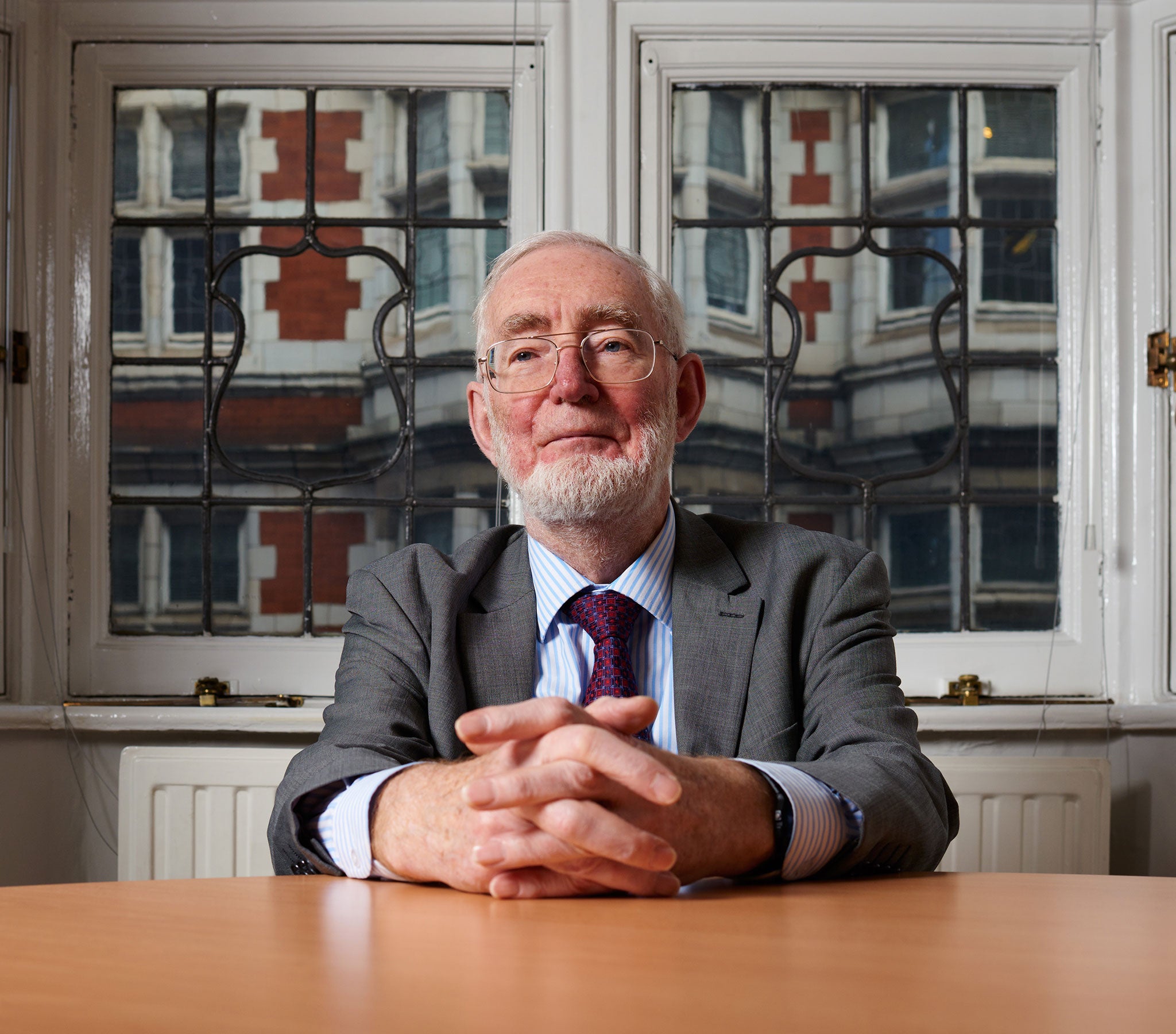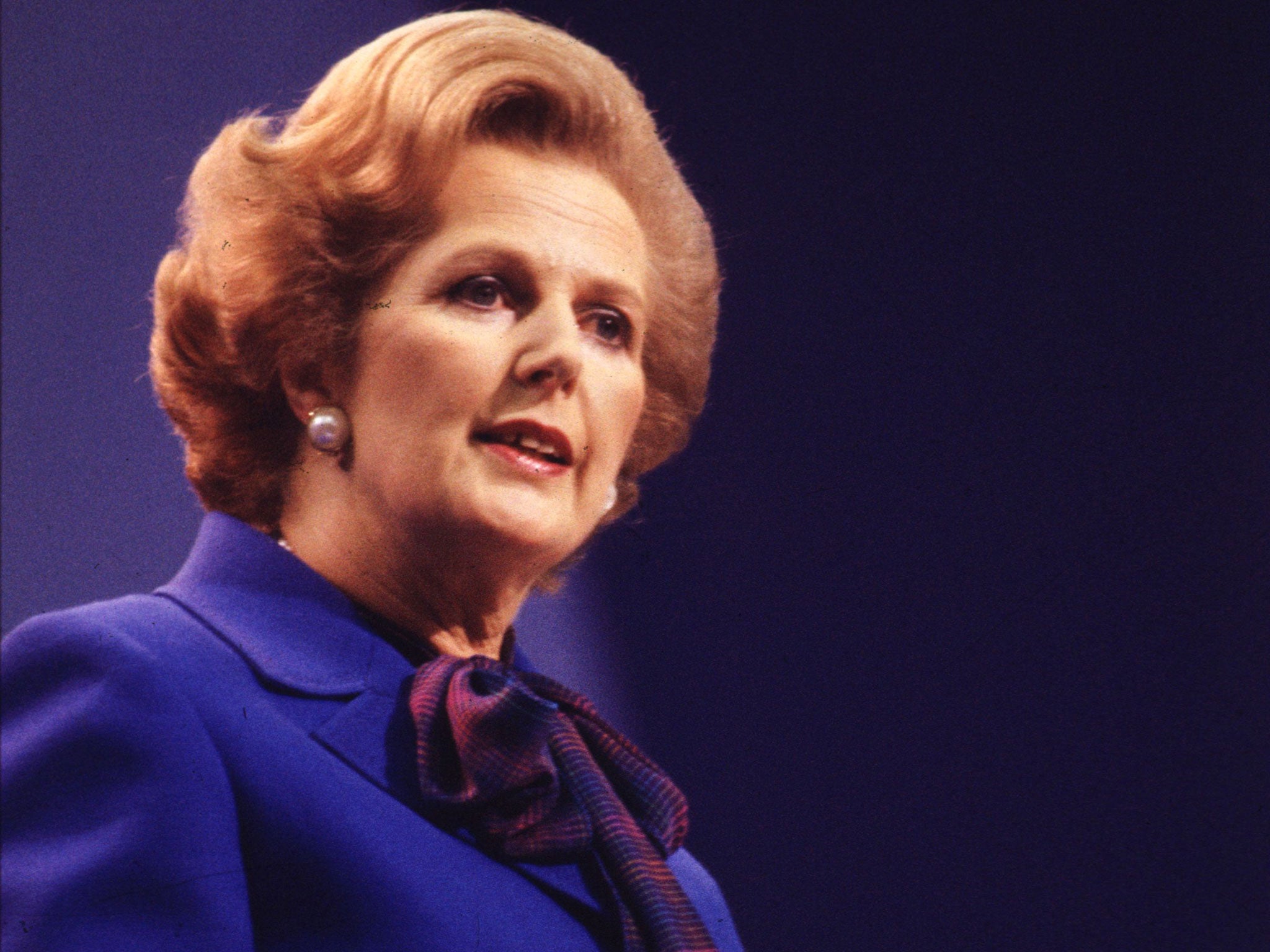Sir Anthony Atkinson and the curious optimism of the godfather of inequality
The pre-eminent scholar of income disparities thinks Piketty wasn’t constructive enough. He tells Ben Chu what needs to be done

Before Piketty, there was Atkinson. The subject of inequality is now, perhaps indelibly, associated with the young French economist who burst into the public arena last year and became an unlikely bestselling author across the Anglophone world.
But Thomas Piketty himself drew heavily on the work of a British economist – a debt the Frenchman readily admits. “Tony Atkinson is the godfather of historical studies of income and wealth,” he enthused last year.
It’s no exaggeration. Sir Anthony Atkinson has been researching inequality since the 1960s and published his first major book on the subject in 1978, when Mr Piketty was still at primary school. The Atkinson index of inequality is named after him. Some scholars expect him to be awarded the Nobel economics prize at some stage.

And now the 70-year-old London School of Economics professor has produced another tome on the subject, Inequality: What can be done?. Yet for all the book’s scholarly virtues and for all the esteem in which Sir Anthony is held within the profession, it seems unlikely it will sell as many copies as Mr Piketty’s blockbuster Capital in the Twenty-First Century. Lightning, after all, rarely strikes twice in the same spot.
When I meet Sir Anthony to discuss his latest work, I ask whether it rankles to see another, much more junior colleague become the celebrated face of the subject. Sitting in his rather spartan office just off Lincoln Inn’s Fields, he smiles at the suggestion: “Not at all. He [Piketty] is an amazing character. He’s very inventive. I think he’s managed to present the issue in a way that’s attracted a lot of attention.”
Nevertheless, Sir Anthony stresses that, much as he shares Mr Piketty’s concerns about the level of income inequality across much of the developed world, his own book has a different emphasis. “I think what I would have done differently is discuss more what we can do about it [inequality],” he says.
He certainly doesn’t duck the challenge of coming up with constructive policy ideas. The final chapter of his book is overflowing with ideas on how to reduce inequality back to where it stood before what he calls the great “inequality turn” of the early 1980s, when Margaret Thatcher’s government entered office.

Some of his ideas are familiar left-wing fare – more progressive taxation, more inheritance tax, an extension of child benefit, a higher minimum wage. Some are more unusual: encouraging firms to innovate in a way that enhances jobs growth; a requirement on the competition authorities to consider income distribution issues; a guaranteed return on savings; State-guaranteed employment.
I put it to Sir Anthony that, whatever their theoretical merits, what all his ideas have in common is that they have zero chance of being implemented by a government. Yet he baulks at any suggestion that he has produced a pie-in-the-sky manifesto. “Child benefit has very strong support ... Guaranteed employment sounds a pretty radical idea – but we’ve had guaranteed employment schemes in this country.
“Many European countries have had guaranteed jobs. The United States passed an act in 1978 to empower the president to create a reservoir of jobs to deal with unemployment. This is not revolutionary stuff at all,” he insists.
He adds that there’s a strong tradition in America of using competition policy to have distributive effects, and that a UK sovereign wealth fund – another of his proposals – is something Boris Johnson has proposed. “That’s not unpractical politics.”
But, I counter, one can hardly see the Conservatives, who are planning to cut working-age welfare severely over the next two years and to raise inheritance tax thresholds, implementing his agenda.
Again, Sir Anthony disagrees. “The measures to guarantee a real positive rate of return on your savings – that sounds to me like Conservative policy.” He even reveals that he has “quite a lot of discussions” with members of the Conservative party who are concerned about high inequality. “There’s definitely a strand of the party who wanted to read my book” he says. He won’t name names but does concede they are “people more in the academic world than frontline politicians”.
Sir Anthony himself was a member of the Labour party until becoming warden of Nuffield College in 1994. He credits a stint doing voluntary service in Germany in the early 1960s, before going to study at Oxford, with first instilling an interest in inequality. “I worked in a pretty deprived hospital in Hamburg. Certainly that made me think about these things,” he recalls. The publication in 1965 of the Child Poverty Action Group’s book The Poor and the Poorest also “had a big impact”.
Since then the absolute number of children classified as living in poverty has doubled and it is expected to carry on rising. On broader inequality the trends have also been unfavourable. The Gini coefficient – Sir Anthony’s preferred measure of overall inequality – shot up in the 1980s, and despite all the income redistribution under the previous Labour government, it has remained broadly flat for around 25 years.
Other researchers, who focus on the top 1 per cent of earners – which covers a global elite of oligarchs, City financiers and corporate tycoons – insist inequality has actually worsened significantly since the Millennium.
Sir Anthony, though, is surprisingly optimistic. He points to non-central government initiatives, such as the fact that some city administrations in the US are now passing minimum wage laws and that some British companies and organisations are now voluntarily paying the living wage to staff. “That’s a really interesting development. That changes not just pay but also attitudes,” he says.
And on that buoyant note he’s off give the prestigious President’s Lecture at the Royal Society of Arts. The event will be introduced by Princess Anne. Everyone – even royalty – takes an interest in inequality now. Not a bad legacy for Sir Anthony.
“Inequality: What can be done?” is published by Harvard University Press
The Atkinson Manifesto
1) State guidance of technological innovation to encourage employability of workers
2) Introduce a “distributional dimension” to economic competition policy
3) Guaranteed public employment
4) National pay policy and statutory living wage
5) Guaranteed inflation-adjusted return on savings but with maximum holding per person
6) Minimum monetary inheritances for all on reaching adulthood
7) UK sovereign wealth fund to invest in companies and property
8) 65 per cent top marginal rate of income tax
9) Earned income discount introduced for first band of earnings
10) Progressive inheritance tax on lifetime receipt of gifts
11) Progressive residential property tax
12) Return to universal child benefit, but taxable
13) Universal minimum “participation income”
14) Renewal of social insurance
15) 1% of GDP for overseas aid
Join our commenting forum
Join thought-provoking conversations, follow other Independent readers and see their replies
Comments
Bookmark popover
Removed from bookmarks